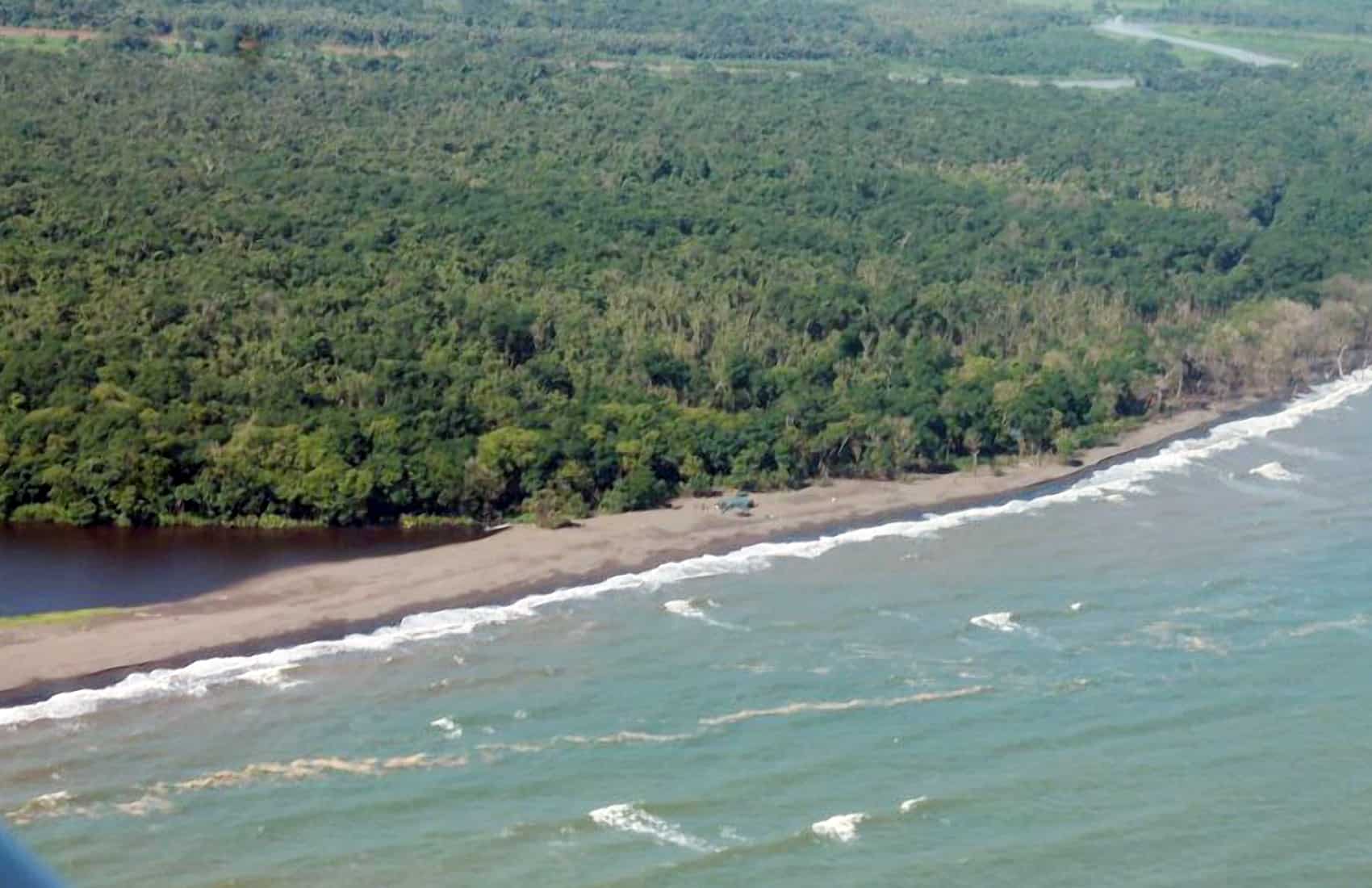Costa Rica filed a new complaint against Nicaragua before International Court of Justice (ICJ) at The Hague on Monday, denouncing the presence of a military camp from the Nicaraguan army inside its territory, near the common border area.
The Foreign Ministry stated in a news release that the camp is located on a beach at Portillos Island, a border territory that belongs to Costa Rica in an International Court of Justicie ruling issued on Dec. 16, 2015.
Foreign Minister Manuel González noted that ICJ Justices, in their 2015 ruling, said that due to significant changes along the coastline over several decades, it is difficult to make a precise border delimitation at that location.
“Nicaragua, taking advantage of this situation, set a military camp on the Costa Rican side of Portillos Island that now forces Costa Rica to, once again, go before the ICJ,” he said.
Costa Rica also asked the court to set the limits over a sand bank that separates Los Portillos lagoon from the Costa Rican territory.
“We are asking for a precise border delimitation in order to avoid further excuses from Nicaragua to send military personnel to that area,” González said.
Compensation payment
The Foreign Ministry also asked ICJ Justices to set a final figure and a deadline for receiving the compensation that the court ordered Nicaragua to pay for the material and environmental damages caused inside Costa Rican territory a few years ago.
Justices ordered the payment after confirming the invasion by Nicaraguan personnel of a border territory known as Isla Calero. Nicaraguan workers dredged a series of artificial canals inside Costa Rica between 2010 and 2013.
Costa Rica last year requested that Nicaragua respond to this ruling by paying damages in the amount of $6.7 million in compensation, but the Nicaraguan government did not respond to the request by the end of the one-year deadline issued by the ICJ.
After the deadline expired in December, the administration of President Luis Guillermo Solís said the government would give Nicaragua an additional month to respond, but Managua never did so.
“Nicaragua did not respond, so we interpret that silence as a negative response, despite recent statements by the president of that country saying he intended to pay,” González said on Monday.
The minister added that in order to speed up a ruling on this case and avoid delays in another case related to maritime delimitation between both countries started in 2014, the government asked the ICJ to join both cases and issue a single ruling.
Costa Rica’s Ambassador to the Netherlands, Sergio Ugalde, who presented the complaint before the ICJ, noted that Costa Rica does not expect any significant delays from the court, and that rulings for both cases, “in case Justices agree to join them, likely would be issued this year.”
Below is a timeline of events in the Costa Rica–Nicaragua border dispute:








